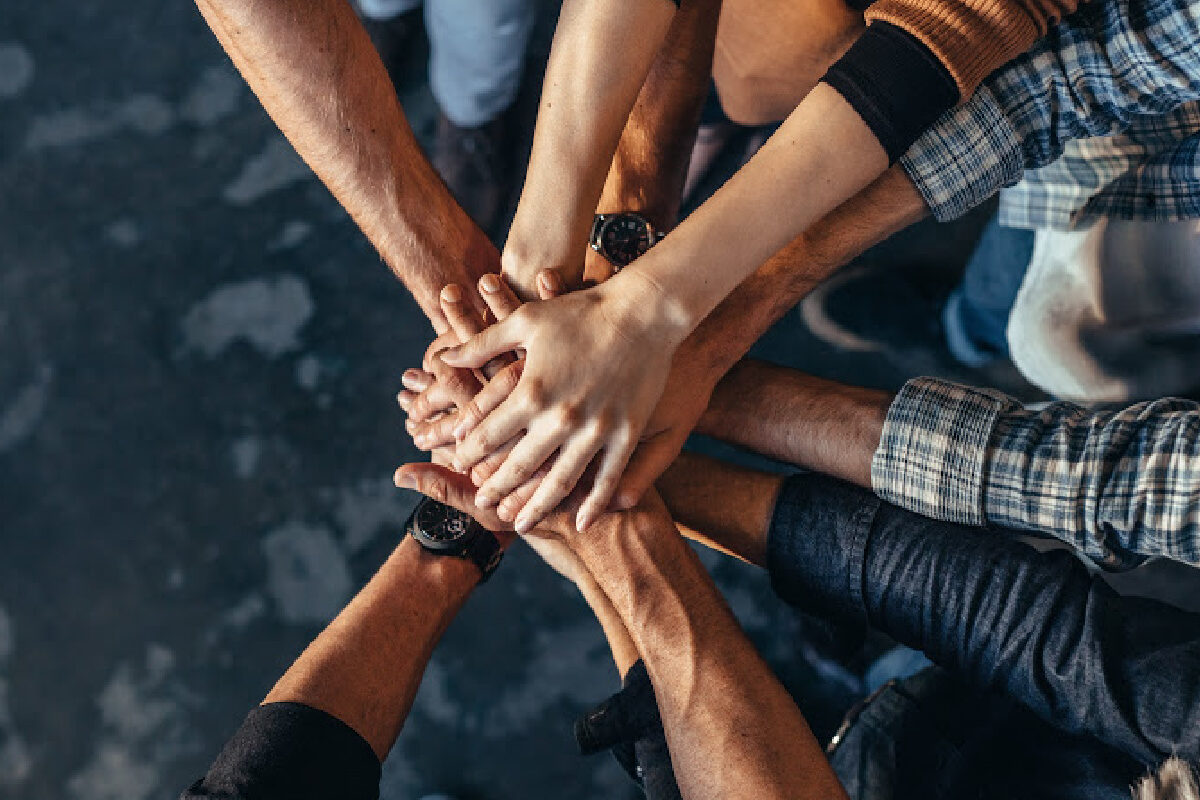Dating is challenging, awkward, and often scary. It forces you to confront aspects of yourself that you’d rather sweep under the rug. The rewards of dating, such as a successful intimate relationship, often fill you with hope and joy — but the occasional (and inevitable!) failures can be demoralizing.
In these ways, dating is very similar to recovering from years of substance abuse. Sober Living is challenging, often awkward, and definitely scary for most people. Recovering from addiction requires people to be honest and vulnerable. The rewards of recovery are incomparably great, but slips, relapses, and cravings can cause people to feel like failures when they don’t immediately get it.
Dating and pursuing recovery simultaneously can be tricky, especially for people in early recovery. Fortunately, dating in sobriety is not only possible, it is also often far more rewarding than dating during active addiction ever was. By making use of recovery tools and a strong support system, dating while staying sober is very possible.
Dating in Early Recovery
In early recovery, few people have the emotional fortitude or communication skills they need to engage in a meaningful romantic relationship. Most addiction experts and counselors, as well as programs like Alcoholics Anonymous, advise people to wait at least one year before they begin earnestly entering the dating world.
In the first year of recovery, it is common for people to experience strong emotions. Some people find themselves on a so-called “pink cloud” in their first year, and they may feel that their lives are incomparably wonderful now that they’re in recovery. Others experience painful emotional ups and downs as they confront challenges that they were previously too numb to notice.
A Relationship Can Be Triggering
The yo-yoing of emotions from elation to despair can create the perfect storm for developing a crush. It is like being a teenager again. It is easy to feel that one person is the solution to all your problems. In fact, some people seek out sex or romantic connections as a substitute for substance abuse. Research shows that romantic love and drugs and alcohol actually activate similar parts of the brain. A new relationship can be intoxicating!
Unfortunately, new relationships can also be triggering, especially while dating in early recovery. For people with shaky sobriety, dating can trigger a relapse. Breakups or embarrassments can be very destabilizing for people with mental health issues or problems with drugs and alcohol. Even if you want to date, it is often best to get through the first year of sobriety first. That way, you’ll have a strong foundation for long-term sobriety first.
Putting Sobriety First
In recovery programs, it is often said that whatever you put ahead of your sobriety, you’ll end up losing. For most people, it is tempting to prioritize dating or career advancement ahead of sobriety. However, it is crucial to keep in mind that if you lose your sobriety, your dating opportunities will likely disappear.
During active addiction, it is unlikely that your dating situation was very satisfactory. Many people only manage drunken hook-ups, sometimes dangerous ones. Relationships are often marred by conflict, cheating, or other behavior stemming from alcohol addiction or drug addiction. For others, substance abuse problems led to total isolation. Recovering addicts will have plenty of opportunities for fulfilling relationships — but they must put their sobriety first!
Making Sobriety a Priority
During the first year of sobriety, recovering addicts and alcohol can set themselves up for a good dating life by engaging in a number of activities:
- Practice self-care by eating healthy food, exercising, and getting enough sleep
- Take care of mental health by getting therapy or taking prescribed medications
- Enroll in a sober living home Santa Monica to get support as you pursue recovery and rebuild your life
- Stay away from risky or potentially triggering situations to avoid relapse
- Heal damaged relationships, get out of debt, and pick up the wreckage of your past
- Begin pursuing new careers, building new friendships, and finding new sources of meaning in your life
These activities not only set people in recovery up for long-term sobriety, but they also make them better-dating prospects!
Activities for Dating in Sobriety
For people in recovery who are finished with their first year of sobriety and have a strong foundation of sober tools, sober dating is often an excellent next step! But it is sometimes a mystery what sober dating even means. Many former addicts have only limited experience of actual dating. For these individuals, the idea of dating without getting drunk can seem very intimidating. It is normal to have some anxiety — everyone does, even people who aren’t recovery addicts.
While many first dates entail going out to a bar or restaurant and having a drink or two, there are many alternative activities for people who are dating in recovery. Some examples of fun sober date ideas include:
- Meeting at a local café and having coffee
- Checking out an exhibit at an art museum
- Browsing a bookstore together
- Going for a hike and exploring nature
- Taking a cooking or dance class together
- Watching a comedy or music show
The Importance of Boundaries
It is important for people in recovery to understand their own boundaries. This is good dating advice in general. While dating someone, it can be tempting to put their needs and desires first. However, if an individual in recovery is on a date, and their date proposes going to a bar, having “just one drink,” or another potentially risky activity, it is crucial to be firm about boundaries.
Communicating with a Partner
This more frequently occurs while dating someone new, but it can also happen in long-term relationships. It often happens that one partner is in recovery, but the other is not. It is important for individuals in recovery to recognize their limits when it comes to their partner’s drinking. Some amount of drinking might be fine, but it very much depends on the relationship.
Communication is key here: if you have an issue, vocalize your concerns. Chances are, your partner will accept them. At the very least, they’ll be willing to discuss them with you. If not, the relationship probably was not ideal for you anyway.
Leaning on the Recovery Community
Having a strong sober social support system is crucial while dating in recovery. Dating is always characterized by highs and lows, so it is important to have sober friends to lean on when the going gets rough. These relationships can help with codependency or relapse issues. They can also help people work through conflicts or challenges in relationships more rationally. Moreover, sober friends can serve as role models for good dating habits in sobriety.
Using Support Groups for Substance Use Disorders
Recovery meetings like Alcoholics Anonymous and Narcotics Anonymous are great ways to develop a strong sober social support system. These meetings are open to any and all recovering addicts and alcoholics, and they are entirely free to attend. At 12 step meetings, people discuss their everyday challenges in sobriety, which range from conflicts with a loved one to cravings for drugs or alcohol. Not only are 12-step programs and other support groups great for developing new skills for avoiding drug abuse and alcohol abuse, but they also help support people as they face more everyday challenges.
Recovery is Possible at Design for Recovery
Design for Recovery – Sober Living East is a sober living for men located in West Los Angeles. At Design for Recovery, young men live together and support one another while working to stay sober. Residents benefit from a strong community and peer support, which research shows are important factors in long-term sobriety. Living in a safe and trigger-free environment is important during early recovery. At Design for Recovery – Sober Living East, young men work to develop the recovery tools they need to stay off of drugs and alcohol for good.
Perhaps more significantly, residents at Design for Recovery – Sober Living East work to build better lives for themselves. This means learning basic life skills and important values, such as honesty, integrity, and accountability. Residents also get employed and begin considering their long-term futures. At Design for Recovery – Sober Living East, we believe that managing addiction involves far more than just physical abstinence. Beyond merely avoiding alcohol and drug use, each person in our sober living home takes daily tangible steps toward a better life.
Ultimately, the support system and tools for life that residents at Design for Recovery – Sober Living East develop not only aid their recovery. By improving their lives and following a new set of values, residents become better at being emotionally vulnerable, better at communicating — and better men overall. This not only makes dating in sobriety far easier, but it likely also makes them more appealing to a potential significant other.
If you are ready to get support or make a change, contact us today.







